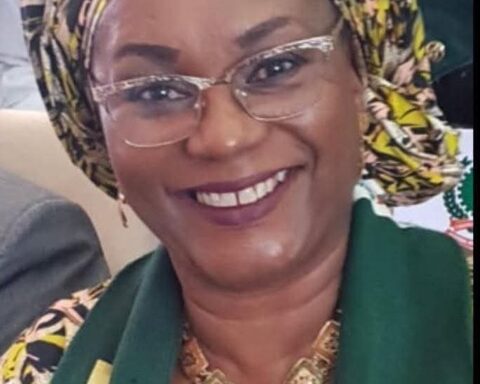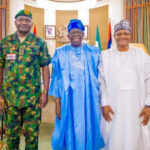U.S. President Donald Trump announced on Thursday that he was ending trade talks with Canada following an escalating dispute over an anti-tariff advertising campaign, marking a sharp reversal from what had earlier appeared to be a cordial meeting with Canadian Prime Minister Mark Carney at the White House.
In a post on his social media platform, Truth Social, President Trump expressed outrage over what he described as a “fake and dishonest ad” that allegedly misquoted former U.S. President Ronald Reagan to criticize American tariff policies.
“Canada just ran a fake ad using Ronald Reagan’s words to attack my policies on tariffs. Totally dishonest! We will not be doing trade talks with them until they clean this mess up,” Trump wrote.
The president’s sudden announcement caught many officials and analysts off guard, coming just hours after he and Carney publicly emphasized cooperation and goodwill between the two countries during a joint appearance at the White House.
According to reports, the controversial advertisement — reportedly funded by a coalition of Canadian business groups — questioned the impact of Trump’s renewed tariff measures on North American trade and cited a Reagan-era speech warning against “trade walls between friends.” Trump claimed the ad distorted Reagan’s message and accused Ottawa of orchestrating a “propaganda attack” against U.S. policy.
Prime Minister Mark Carney’s office has not issued an official response but sources within the Canadian government described the ad campaign as an independent initiative by private-sector organizations, not the government.
U.S. trade officials declined to comment on whether negotiations might resume soon, but insiders suggested the president’s decision could delay efforts to update key trade provisions under the North American framework.
Political observers say the rift highlights the fragile nature of cross-border trade relations and Trump’s unpredictable negotiating style.
“This could be another example of Trump using economic leverage as a political tool,” said Dr. Elaine Porter, a North American trade analyst at the Brookings Institution. “The question now is whether Canada chooses to de-escalate or push back publicly.”
The development marks the latest in a series of high-profile clashes between Washington and Ottawa over tariffs and trade fairness — issues that have frequently tested the resilience of one of the world’s largest trading partnerships.
Follow us on all social media platforms @dailyquery for news and analyses around the globe.



























